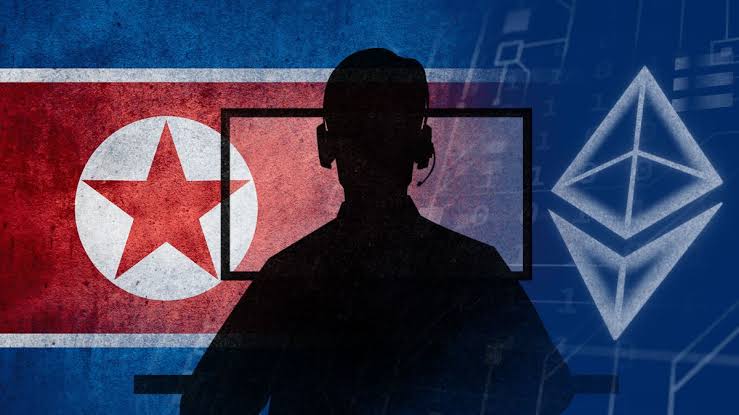It is reported that later in February or early March, the UN will release documents outlining the results of its inquiry.
The Democratic People’s Republic of Korea (DPRK)-affiliated hacking gangs are allegedly under investigation by the UN for planning cyberattacks against cryptocurrency companies over a six-year period, with the aim of making almost $3 billion in profits. The probe of the DPRK-affiliated hacking groups is being overseen by an independent sanction committee, according to a recent Reuters article that cited unpublished UN papers.
Between 2017 and 2023, the groups allegedly targeted 58 crypto-related businesses to support their efforts developing weapons of mass destruction (WMD).
“The panel is looking into 58 alleged DPRK cyberattacks on cryptocurrency-related businesses between 2017 and 2023, which are estimated to have cost the group $3 billion and are thought to have financed the development of WMDs.”. According to reports, the UN plans to publish a report summarising its conclusions within the next two months.
The claimed cryptocurrency losses from recent attacks have drawn attention to DPRK hacker organisations. According to Chainalysis, hacking organisations stole about $1 billion worth of cryptocurrency in 2023 through 20 hacks.
But there was a big drop from 2022, when cryptocurrency losses from 15 hacking instances involving North Korea-linked exploits totaled $1.7 billion. The blockchain intelligence company TRM Labs predicts that hackers will cause even more serious harm this year since they are likely to develop more sophisticated attack techniques than in prior years.
“The world’s most prolific cyberthief is likely to cause further disruption in 2024 despite notable advancements in cybersecurity among exchanges and increased international collaboration in tracking and recovering stolen funds.”
According to a recent report, the United Nations Office on Drugs and Crime has cautioned that cryptocurrency is being abused in the growing illegal economies of East and Southeast Asia.
It emphasised the significant rise in “pig-butchering” romance scams and poorly regulated or illegal casinos in the Mekong region.


